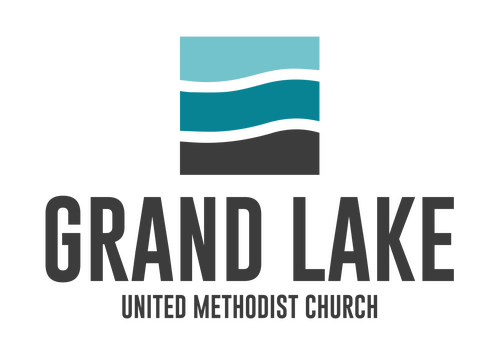"Prodigal" - Traditional Worship
Read Luke 15: 11-32.
1. What does the word “prodigal” mean? How can it be used in both
positive and negative contexts?
2. Why do you think the father agreed to give the youngest son his
inheritance early?
3. What happens to the youngest son after he goes off on his own?
4. What does the youngest son decide to do when he hits rock bottom?
What is he hoping his father will do for him?
5. How does the father respond to the younger son’s return? What does
this tell us about God’s response to repentant sinners?
6. Why was the older son mad at the end of the parable? Can you
relate?
7. In what ways does the younger son represent sinners and tax
collectors and the older son represent Scribes and Pharisees?
8. Have there been different times in your life when you’ve acted like
each of the brothers? What does the song “Man on the Middle Cross”
by Rhett Walker teach us about ourselves.
9. What do you think about the terms “prodigal forgiveness” and
“prodigal grace”? Have you ever heard “prodigal” used that way
before? What do these terms mean? Why do we need them?
Reflection:
Gracious and Loving God, we come before You with hearts full of gratitude
for Your boundless grace, as demonstrated in the story of the prodigal
son. We confess our own waywardness and sin, and we thank You for the
unwavering love and forgiveness You offer, no matter how far we have
strayed. Just as the father in the parable welcomed his lost son with open
arms, You welcome us back, no matter our failures. Lord, help us to
embrace Your grace fully and live in the light of Your mercy as we extend
this grace to others, reflecting Your love in all that we do. We pray all of
this in the strong name of Jesus, who lives and reigns with You and the
Holy Spirit, One God, now and forever. Amen.
